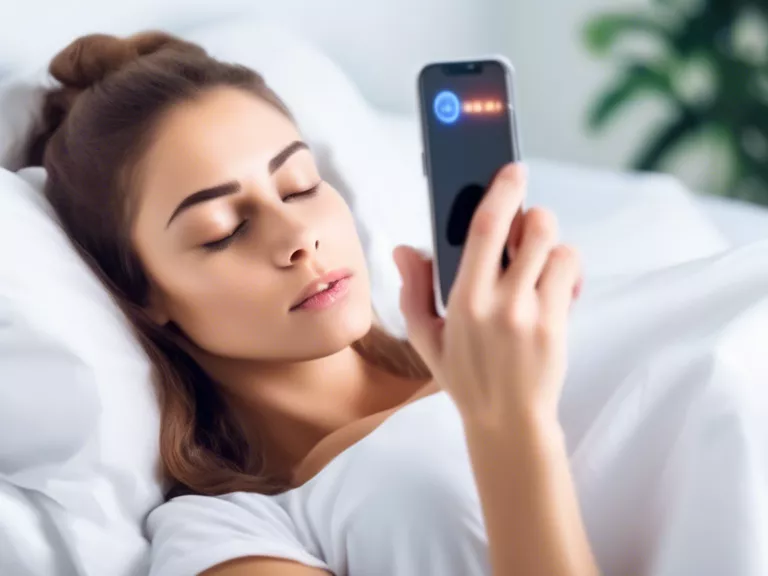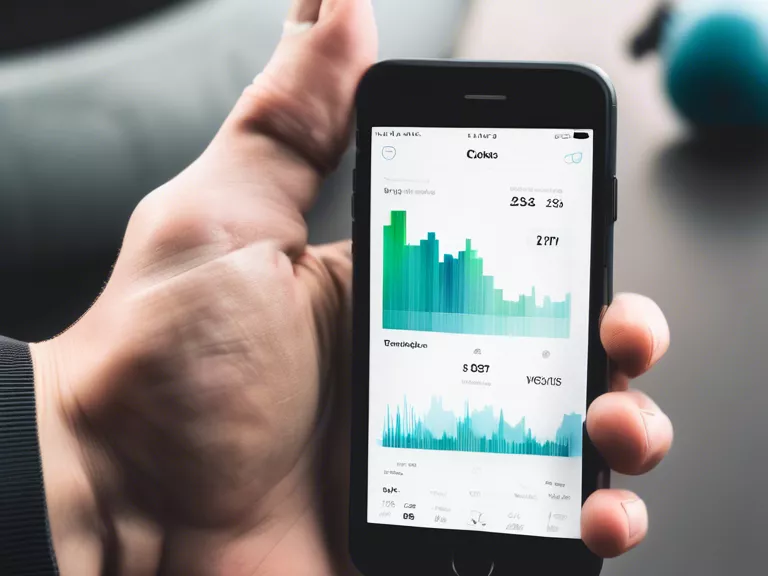
How to Achieve Better Sleep Quality With Health Monitoring Apps
In today's fast-paced world, getting a good night's sleep can often be a challenge. Poor sleep not only affects our mood and productivity but also has long-term implications for our overall health. Thankfully, with the advancements in technology, health monitoring apps can help us track our sleep patterns and improve our sleep quality.
One of the key ways health monitoring apps can help us achieve better sleep quality is by monitoring our sleep duration and quality. By tracking how many hours of restful sleep we get each night, we can identify patterns and make necessary adjustments to our bedtime routine. Some apps even provide personalized recommendations based on our sleep data.
In addition to tracking sleep duration, health monitoring apps can also monitor sleep stages. Our sleep cycles consist of different stages, including light sleep, deep sleep, and REM sleep. By understanding our sleep cycles, we can optimize our sleep schedule to ensure we get enough restorative sleep each night.
Furthermore, some health monitoring apps offer features such as sleep soundscapes and guided meditations to help us relax and fall asleep faster. These tools can be especially helpful for individuals who struggle with insomnia or have trouble winding down after a long day.
To maximize the benefits of health monitoring apps for improving sleep quality, it's important to use them consistently and take proactive steps based on the data they provide. This could include establishing a regular sleep schedule, creating a calming bedtime routine, and minimizing screen time before bed.
By incorporating health monitoring apps into our daily routine, we can gain valuable insights into our sleep patterns and make informed decisions to optimize our sleep quality. With better sleep, we can unlock our full potential and lead healthier, more fulfilling lives.



